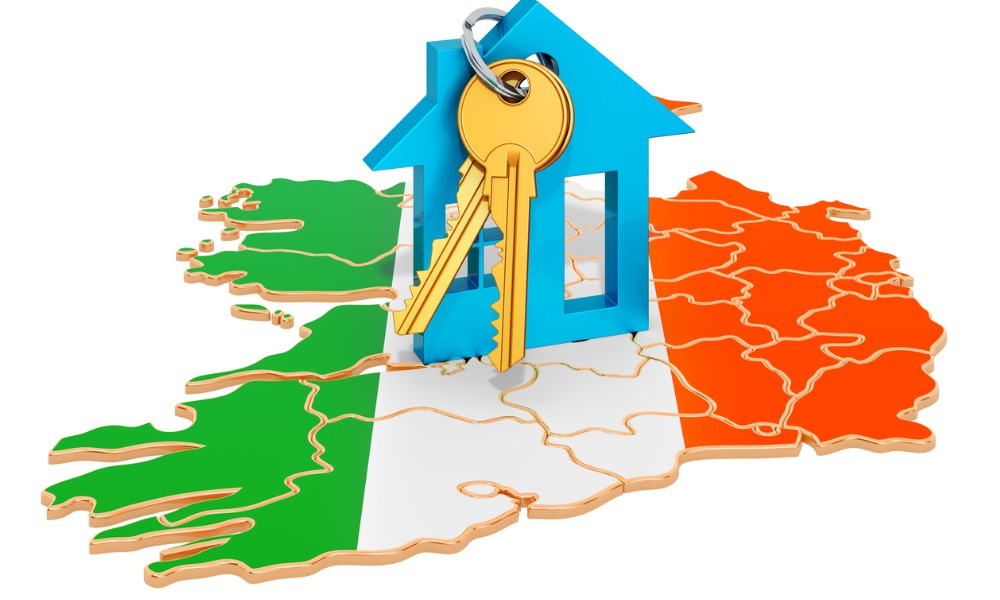Bidding wars and product sizes accelerate across the Irish Sea

Just a few months ago, news broke that Dublin had the dubious honour of making Mercer’s 50 ‘most expensive’ list – beating the likes of Milan and Rome. And now, the Bank of Ireland has announced that nearly 40% of homes are being sold for at least 10% above their original asking prices, highlighting growing competition in the housing market over the summer months. The bank’s analysis shows that buyers are paying substantial premiums as demand for homes continues to surge.
In its latest report, the bank said that the average mortgage approval for home purchases reached €318,300 in July, marking an increase of 6.2%. This rise in mortgage approvals, coupled with higher wages and household incomes, indicates that house prices are likely to continue climbing. Bank of Ireland is predicting a further increase in house prices of around 4% in 2025.
This comes despite the fact that the bank has revised its forecast for Irish GDP growth for 2024, now expecting a 1% contraction. In contrast, domestic demand is anticipated to grow by 2.3%. The bank says these divergent figures are largely due to statistical anomalies and unpredictable data within the economy.
Despite the predicted contraction, the Irish economy has experienced strong growth this year, and Bank of Ireland has raised its employment growth prediction to 2.4%. “Beneath the statistical fog, the export sector is performing well and should contribute positively to 3.5% GDP growth in 2025,” the bank stated.
Read our guide to Bank of Ireland for intermediaries here.
One of the key drivers behind consumer spending next year is expected to be wage growth, which is currently outpacing inflation at a rate of 4%-5%. This wage increase is expected to support a 3% rise in consumer spending in 2025, according to the bank’s projections. Additionally, the bank highlighted that the €8 billion allocated for the 2025 Budget, along with a 6.9% increase in public spending, will bolster domestic demand next year.
Conall Mac Coille, Bank of Ireland’s group chief economist, explained that the downward revision of GDP growth is primarily due to irregularities in how profits from multinational companies and contract manufacturing are recorded in Irish GDP. He emphasised that indicators of the domestic economy point to robust growth despite these statistical distortions.
Mac Coille also noted that Ireland’s current levels of employment and population growth are unlikely to be sustainable in the long term, warning of mounting pressure on housing, infrastructure, and public services. “Ireland’s rates of pay growth (5.6%) and house price inflation (9.6%) are now starting to stand out from other euro area countries, posing a risk to competitiveness. House prices are now at their highest level relative to the euro area since 2009,” he said.
In light of these challenges, Mac Coille stressed the importance of a carefully balanced Budget 2025, which needs to deliver much-needed infrastructure efficiently without further exacerbating economic overheating.



